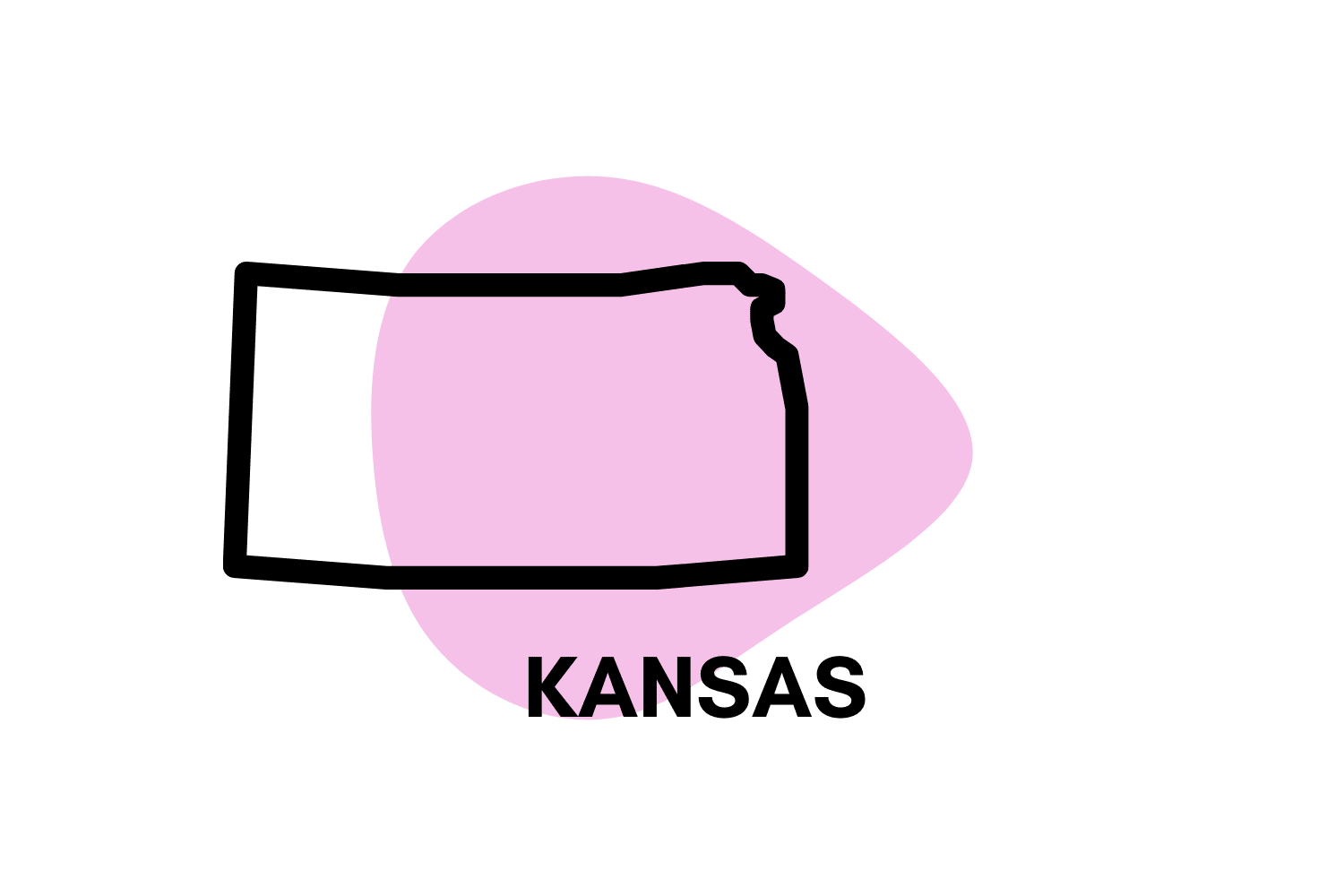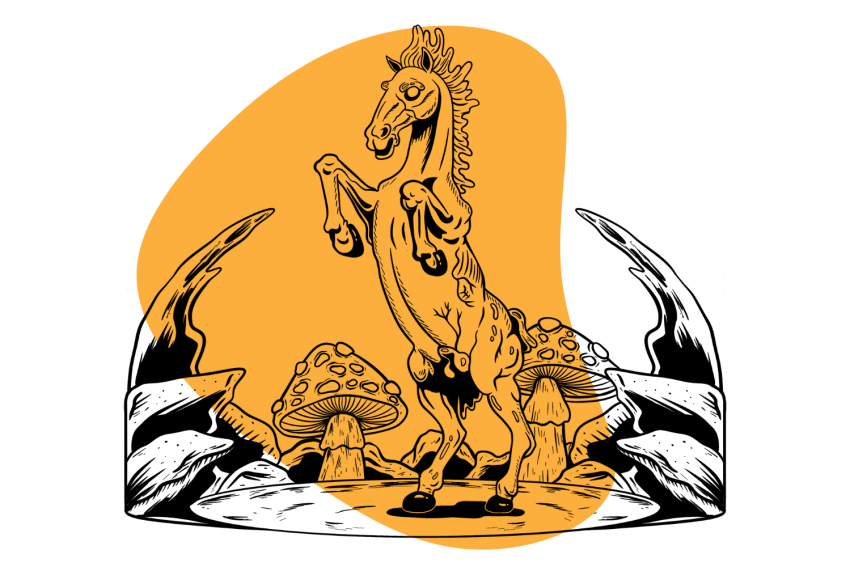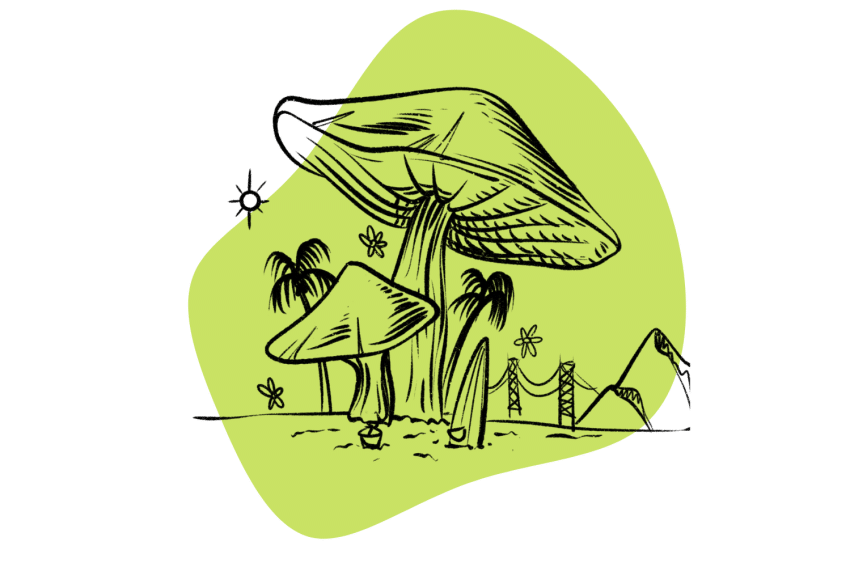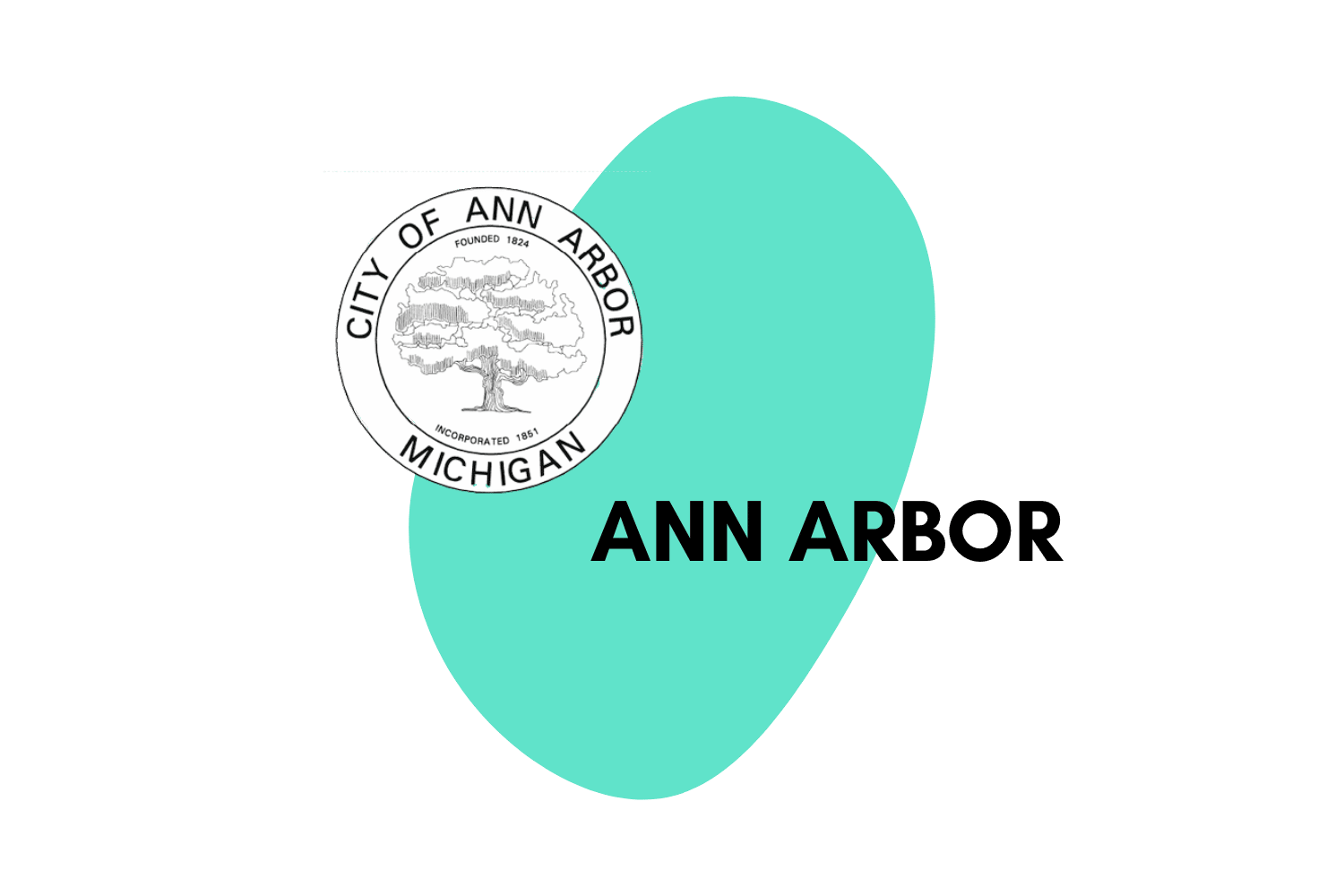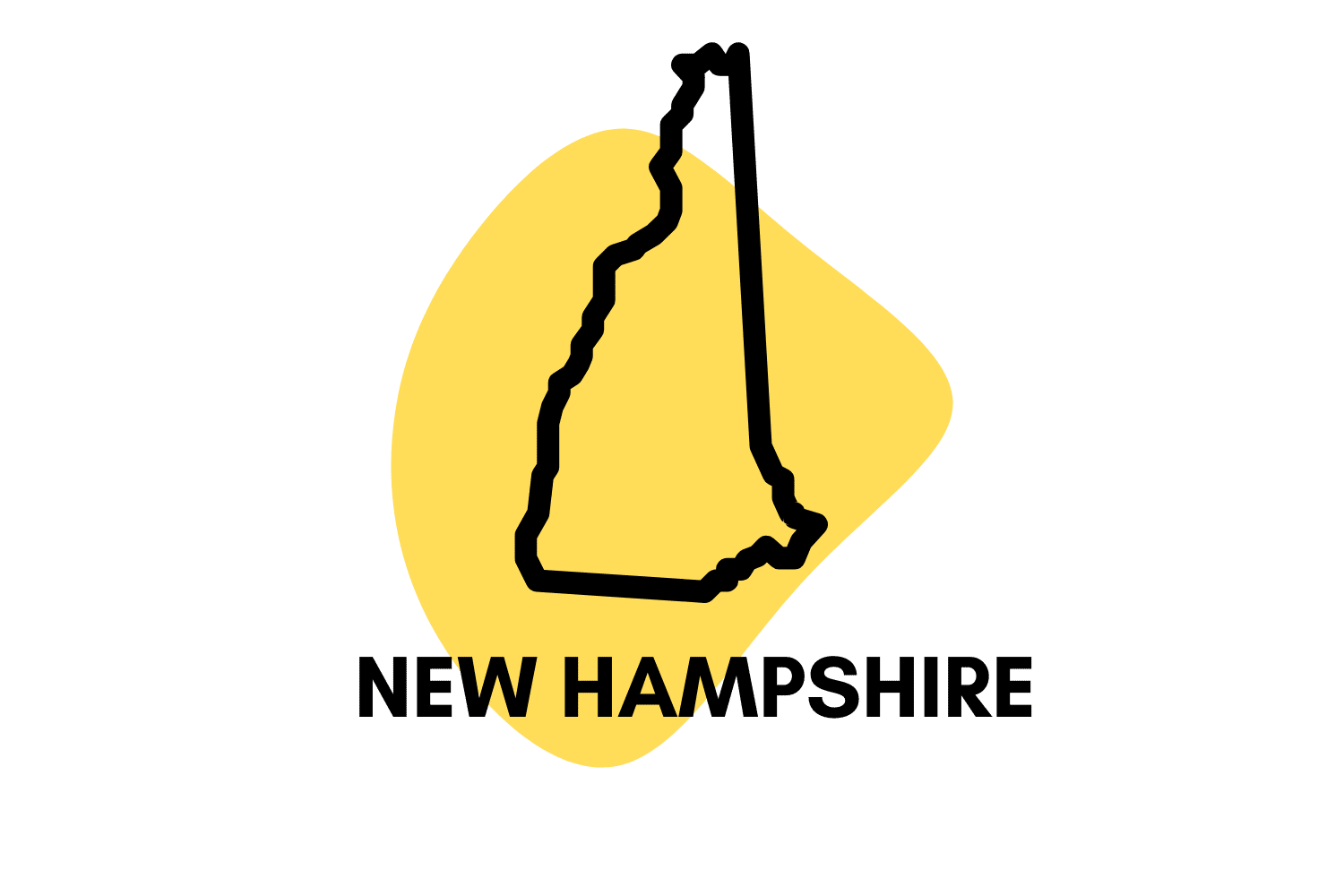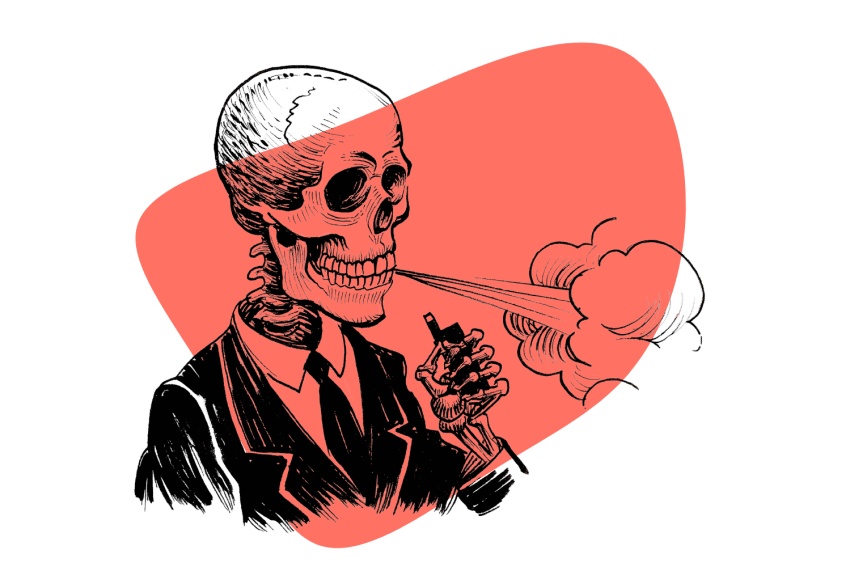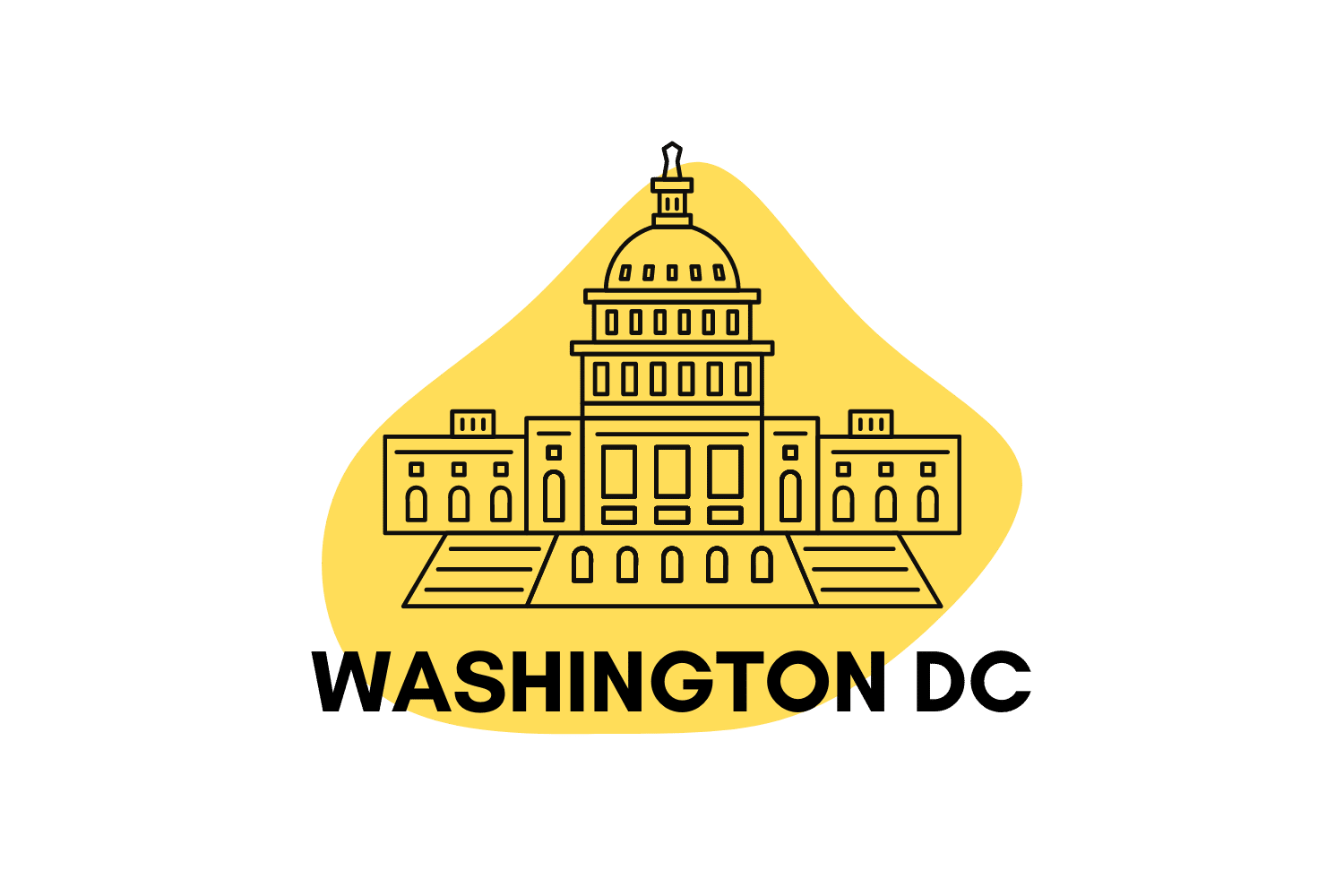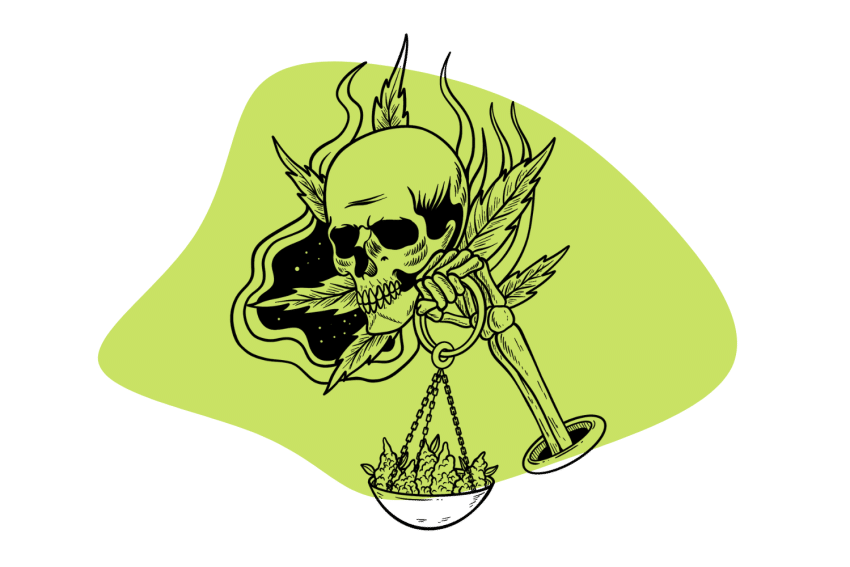New York is Considering Decriminalizing Psychedelics
If it passes, New York State Assembly Bill A114 will decriminalize the use, production, and transfer of certain natural psychedelics in New York.
New York’s attempt at drug reform — along with a drug rescheduling “trigger” bill already passing into law — is making an effort to march forward in the fight for psychedelics. NY State Assembly Bill A114, sponsored by Assemblymember Linda Rosenthal, would legalize specific actions with “natural” psychedelics.
While there are inherent limitations — both due to the included drugs and activities of the bill — this represents a major shift for the state. The timing is exceptionally notable, considering it came right after the state saw its first recreational sale of marijuana.
Could New York be ready to take such a big step so soon after legalizing marijuana?
In this article, we’ll cover the following:
- New York Bill A114 — What it includes, where it falls short, and whether it has a chance to pass.
- Other Decriminalization Efforts in New York — The governor has already signed a bill into law this year to trigger the rescheduling of psychedelics if federal law changes. In addition to A114, a potential effort to establish psychedelic research programs may also come through.
- How Decriminalization Falls Short — Decriminalization removes some of the penalties associated with drug use but does little to address larger problems. Legalization is the only way to ensure a safe supply and environment for consumers of these substances.
Related: What Are the Current Laws Governing Psychedelics in New York State?
Will A114 Legalize Psychedelics in New York?
A114 is the most robust piece of legislation on the table right now for psychedelic reform in New York. The bill would legalize several activities associated with drug use when they apply to “natural psychedelics.”
Specifically, this law would allow “the possession, use, cultivation, production, creation, analysis, gifting, exchange, or sharing between… persons of twenty-one years of age or older” of the following:
- Iboga
- Mescaline (excluding peyote)
- Magic mushrooms and their active ingredients, psilocybin and psilocin
- Dimethyltryptamine (in natural forms such as ayahuasca)
The bill doesn’t include LSD, MDMA, or any synthetic psychedelic.
The writing of the bill does not currently make a carry limit of any kind. While it’d be nice to think one wouldn’t be a part of this, it will likely be added in a later session.
Additionally, the new bill includes a provision for people to provide a safe space to use these substances “with or without remuneration.” The given ability for remuneration — or payment — encourages underground practitioners to operate within the light.
Without worrying about the penalties of prohibition, those seeking psychedelics won’t have to sift through shadowy websites and other sources only to find a questionable practitioner.
Finally, this bill offers considerations for the users of the substances within it. Some of the big protections are:
- Preventing backing out of enforceable contracts, professional licenses, and more as a result of using natural psychedelics.
- Requiring mental health, substance abuse, insurance providers, and behavioral health services not to hold natural psychedelic usage against applicants.
- Specifically, stating the use of these drugs alone cannot constitute child abuse or form a basis to alter parenting rights.
- Precluding public assistance programs, employers, and medical care centers from denying eligibility based on the use of natural psychedelics.

Together, these protections and rights present a rather impressive decriminalization bill. Two notable omissions to the legislation represent a major shortcoming, however.
Why Doesn’t A114 Include LSD & MDMA?
The exclusion of synthetic psychedelics is often a step lawmakers lean on to help appease the other side of the political aisle. What’s preposterous about this is how unlikely the other side is to cross over anyways.
Not only that, but extensive reporting exists around MDMA and LSD, in particular showcasing their efficacy and safety. Excluding them is another exercise in the very war on drugs this bill attempts to start dismantling.
We have had access to LSD for almost 80 years and MDMA for over an entire century. Since first appearing in labs, both have gone through tremendous amounts of research.
MDMA has been one of the only compounds to complete a phase three trial in the history of psychedelics, representing it as a potential breakthrough therapy for PTSD [1]. These results mimic the opinion of the FDA, which granted MDMA “Breakthrough Therapy” designation in 2017.
Focusing exclusively on naturally-occurring psychedelics — or “natural elitism” — fights ignorance with more ignorance. MDMA represents one of the best psychedelics we know of currently and has the potential to reach across the political aisle due to the implications it has for combat veterans.
The market for LSD and MDMA will not disappear after decriminalizing other psychedelics. So-called “synthetic” psychedelics are most likely to have contamination or falsified contents and should therefore receive more protection from the law.
How Likely is New York Bill A114 to Pass?
Currently, there is no way to know if A114 will pass, but there is little optimism.
While anything can happen, this bill will likely fizzle out, either dying in a vote on the floor, stalling until the end of the session, or receiving so many amendments it becomes useless.
This is the typical playbook for killing a bill — failure is not inherently bad, though.
Legislative change takes time, money, and energy. When it’s something as polarizing as drugs, changing minds is often the first step toward the much harder goal of getting them to reverse public records opposing them.
Successful bills often form at the top of a mountain of dead ones. Continuing the conversation is essential, and the introduction of a bill is worth celebrating on its own.
As the time comes for this bill to live or die, it’s comforting to know it isn’t the only effort in the state for reform.
Other Decriminalization Efforts in New York
In New York, there is at least one other active effort for drug reform and another the governor has already signed into law. Whether A114 stands a chance or not, many are hopeful some change can occur this year.
Last year, three major pieces of legislation — including a bill to legalize psychedelic research and another to create psilocybin clinics — all failed. The other failed bill was A6065A, the counterpart to A114 from last year, which is virtually identical to Rosenthal’s current attempt.
(Signed) New York Bill A9722 Sets Reclassification Triggers
One area where New York has already succeeded this year is in setting a trigger for reclassifying any drugs that undergo federal rescheduling. If the DEA decides to reschedule psychedelics to something more appropriate — something that doesn’t say they have a high potential for abuse and no medical value — New York must follow suit immediately.
While it’s great to have a victory under their belt, this amounts to very little. Federal rescheduling is likely far off in the reformation process, and this only holds New York to the law anyway.
S3520 Would Include Grants for Veterans and Low-Income Residents
On the last day of January, Senator Nathalia Fernandez introduced Senate Bill 3520 to protect practitioners of psilocybin and MDMA therapy in New York. This would lay the framework for MDMA- and psilocybin-assisted therapy in the state and even establish a grant program.
One of the biggest problems with psychedelic therapy is the prohibitive expense of a 6–8 hour psychedelic experience with a therapist present. S3520 would create a federal grant program to “provide veterans, first responders, retired first responders, and low-income individuals, with the funding necessary to receive psilocybin and/or MDMA assisted therapy.”
New York Assemblyman Wants To Establish Psilocybin Therapy
Last year, State Assemblyman Patrick Burke brought Bill A8569A forward. The purpose was to establish a clinical approach to and framework for psilocybin within the state.
Far from sweeping decriminalization, this bill would set strict regulations for obtaining and dispensing medical psilocybin. The bill stalled and died out, but Burke has indicated he has plans to bring it back sometime this year.
We are still waiting on this, but he’s indicated it’s nearby several times.
Why Decriminalizing Psychedelics in New York Isn’t Good Enough
Decriminalization reduces criminal penalties for using a substance but often does very little to address the problems of prohibition. The contamination of drugs and the need to obtain them from less-than-reputable sources remain unaffected by simple decriminalization.
When addressing the war on drugs — an abject failure if the goal is to eliminate drug use and supply — it doesn’t make sense to “retool” their role. No level of criminalization has ever worked to deter humanity from taking drugs, and it’s better to abolish the position altogether.
Decriminalization can be a good first step, but nothing short of legalization and regulation will answer the concerns of clandestine drug sales.
Will New York Decriminalize Psychedelics in 2023?
At this point, it seems unlikely to see much — if any — movement out of New York for psychedelic reform in 2023. While it’s always possible for a last-minute bill to come to light, even that would likely fail to make it through the legislation.
One sliver of light to come out of New York this year is the trigger law to reclassify psychedelics. While it seems likely that New York would move towards decriminalization before the federal government, it now has assurances in place if they don’t.
If nothing else, every attempt creates momentum and movement forward. Even legislation that never makes it to the light of a floor vote plays a role in turning the wheels of reformation.
As these conversations continue, people become increasingly aware of how long it’s taking for common-sense movements to happen. Years of misinformation and prohibition have taught us never to believe a change like this is possible.
Each drafted legislation serves the additional purpose of informing the people of this possibility of change. It’s our job to create the expectation, and hopefully, continued pressure from public interest and outrage will be enough for transformation to finally occur.
References
- Mitchell, J. M., Bogenschutz, M., Lilienstein, A., Harrison, C., Kleiman, S., Parker-Guilbert, K., … & Doblin, R. (2021). MDMA-assisted therapy for severe PTSD: a randomized, double-blind, placebo-controlled phase 3 study. Nature medicine, 27(6), 1025-1033.


